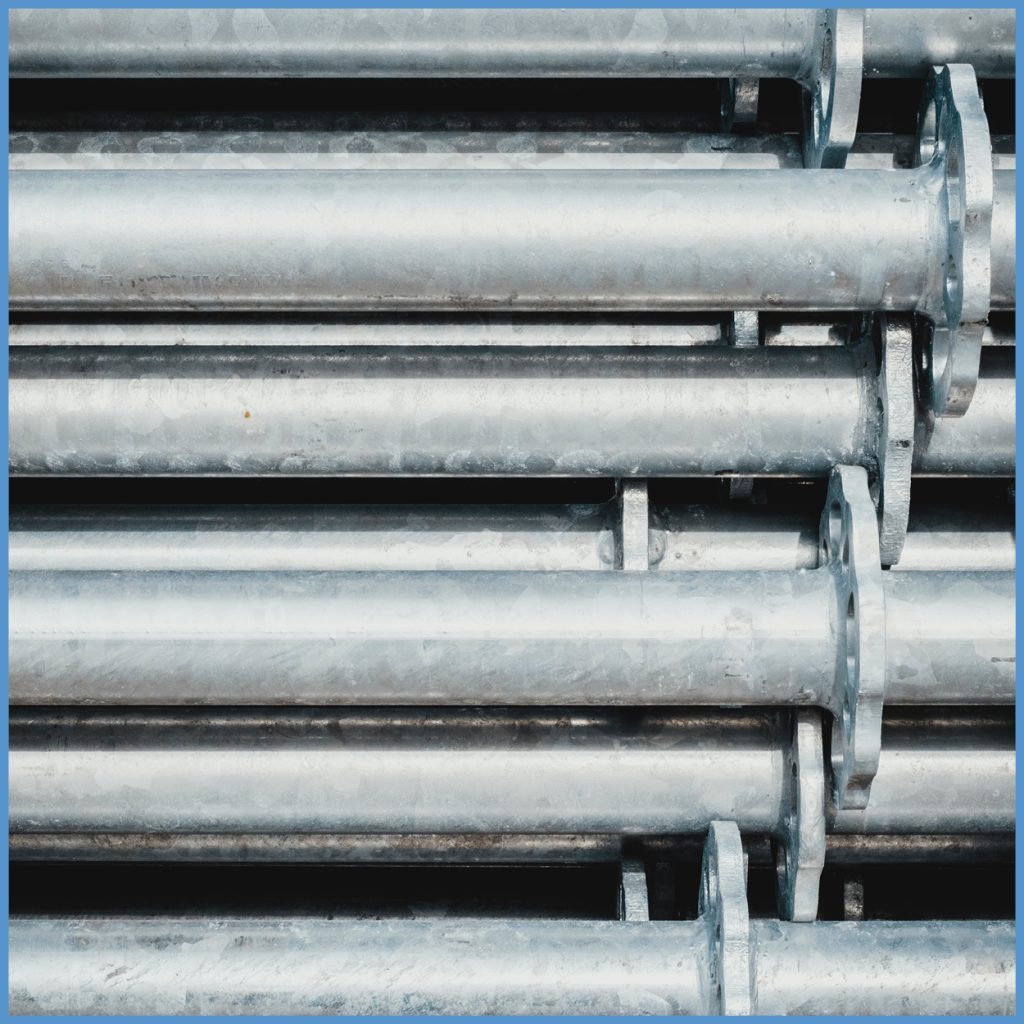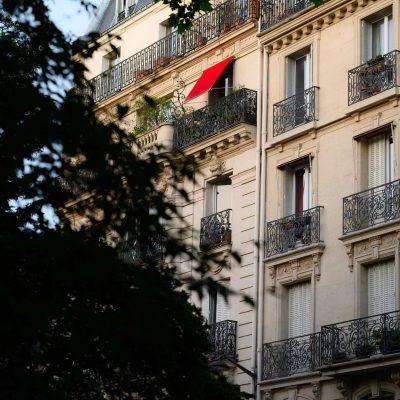[EN] Gazoducs russes et UE : sortir d’une relation d’amour-haine « avec des adultes dans la salle » ?
Cette publication est seulement disponible en anglais.
A policy paper, by Jean-Arnold Vinois, Energy Adviser to the Jacques Delors Institute, Paris, and Thierry Bros, Associate Energy Project, Davis Center for Russian and Eurasian Studies, Harvard University.

Depuis plus de 20 ans, dans le domaine de l’énergie, les relations entre la Russie et l’Union européenne sont trop souvent régies par les gazoducs. Ils sont un outil majeur de la diplomatie jouée habilement par le Président Poutine depuis son accession en 1999 à la Présidence de la Fédération de Russie. Avec son soutien ouvert et direct, les gazoducs offshore NordStream1, SouthStream, NordStream2, TurkStream1 et 2 ont été successivement promus par Gazprom pour contourner l’Ukraine qui reste aujourd’hui le principal pays de transit du gaz russe. L’annexion de la Crimée en 2014, les sanctions occidentales contre la Russie et la situation permanente de guerre dans l’est de l’Ukraine ont fait des projets de gazoducs russes une source majeure de division entre les États membres de l’Union européenne. Cet article tente d’identifier les principaux problèmes soulevés par les projets russes et d’examiner si et comment ces problèmes pourraient être résolus dans l’intérêt de toutes les parties concernées, sur une base à long terme.



